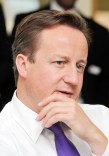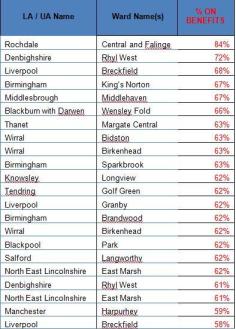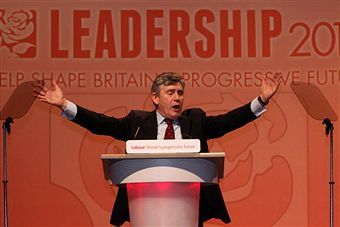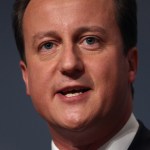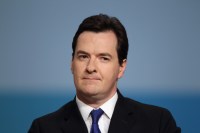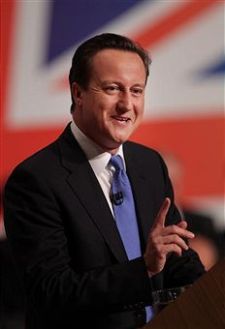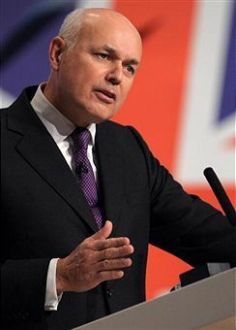Alan Johnson, from affable to aggressive
If Alan Johnson continues as he has started, then he may be a surlier, snarlier shadow chancellor than many of us expected. He’s got an article in today’s News of the World and an interview in The Observer – and, in both, he’s on unusually combative form. Osborne’s cuts are labelled as “deep and irresponsible,” and the VAT rise is highlighted as a measure that will affect “those on middle and low incomes the most.” Johnson even claims, with Balls-like stridency, that the coalition could drag us screaming into double-dip. And there’s more. With a disingenuousness that would impress even Gordon Brown, Johnson glowers that the coalition’s cuts are deeper




